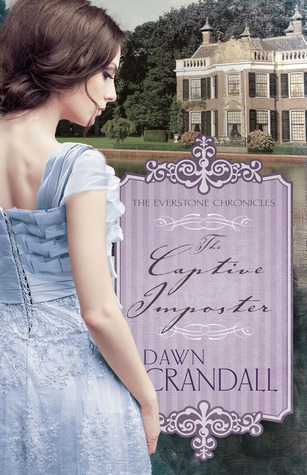
2015 Reading Challenge, Week 17 - A Non Fiction.
I haven't come across another book like this one. It's high time somebody wrote one.
When the best option is to let go of the life you planned for yourself and find a new path, a world of possibilities can surprisingly open up. Learn whether it is time to let go, and if so, how to move through your grief and find your way forward in The Next Happy.
If you believe, you can do anything.
Although well-meaning, these intended words of inspiration can make us feel like failures. The reality is that no matter how positive our outlook or how tenacious our approach, our dreams simply do not always come true—and there is nothing we can do about it.
In The Next Happy, Cleantis offers a roadmap for that journey, teaching you how to
face the possibility of letting go of a dream that isn’t working
accept and face sadness, anger, and shame
understand the true reasons why you wanted what you wanted and the real-life causes for why you didn’t get it
ask the questions that will let you move on and set realistic goals for finding a new way forward.
MY THOUGHTS:
It's not often I come across a non-fiction book which I find so hard to put down. This book's target audience is people who are facing the fact that their big dream is dead. The author helps us through the grieving process with a lot of empathy and compassion, having a history of shattered dreams herself.
We live in a world where latching onto your dreams like a bull-terrier is fashionable advice. Quotes fly around cyberspace from illustrious people such as Walt Disney (all dreams can come true if we have the courage to pursue them) and Winston Churchill (never, never, never give up). The theme of dreams coming true spills over into popular media and movies. It's difficult not to buy into the myth that if we don't make our dreams come true, there is something wrong with us.
Tracey Cleantis sets out to help us set the record straight. Sometimes they don't come true. Then we deal not just with the grief of losing a dream but guilt trips making us feel responsible for falling short. She helps us understand that giving up does not make us a failure or quitter. To the contrary, staying on the 'never give up' treadmill can be damaging in every way. Physically, our bodies develop inflammation caused by years of frustration and anxiety. Emotionally, we may take on the identity of a failure. She likens us to the mythical Sisyphus, endlessly pushing a rock up a hill and having it roll back down on us. There may come a point when giving up is the wise and braver option.
Another section of this book shows how statistics alone prove it impossible for everyone to achieve their dreams anyway, especially when they may conflict with the dreams of others. Also, the rate of tertiary graduates is disproportionate to the number of jobs available which require their degrees. Cleantis gives tips on how to reply to well-meaning, but insensitive Pollyannas who may try to convince us not to give up yet. We each know when we've reached our limits.
I've heard people refer to themselves as 'midwives of dreams', meaning that they help other people achieve theirs. This author humorously imagines herself as more of a smotherer, a Dr Kevorkian, helping people know when it's time to pull the plug. She wasn't expecting popularity, but like many others, I'm so glad she's written this book.
I'll finish with some of my favourite parts.
1) She advises movie therapy, recommending several significant titles to help us through the process.
2) The personal anecdotes from several of her clients are refreshing. Over the years, I've read so many stories about people who have achieved their dreams. Having similar stories about people who gave it their all and had to stop is a good balance. Especially when there's light at the end of the tunnel. This brings me to point three.
3) I was hanging out for her advice on what to do next. It can be summed up in a sensible sentence or two. Rather than looking immediately for the next big thing on the rebound, we should allow new interests to come organically, without judging their value through our blinkered eyes. As she says, forcing a cognitive, purposeful decision is never as delightful or surprising as welcoming the unexpected. A little spark of interest may do it.
I'd recommend this unusual and helpful book to anybody who may need it.
5 stars.









